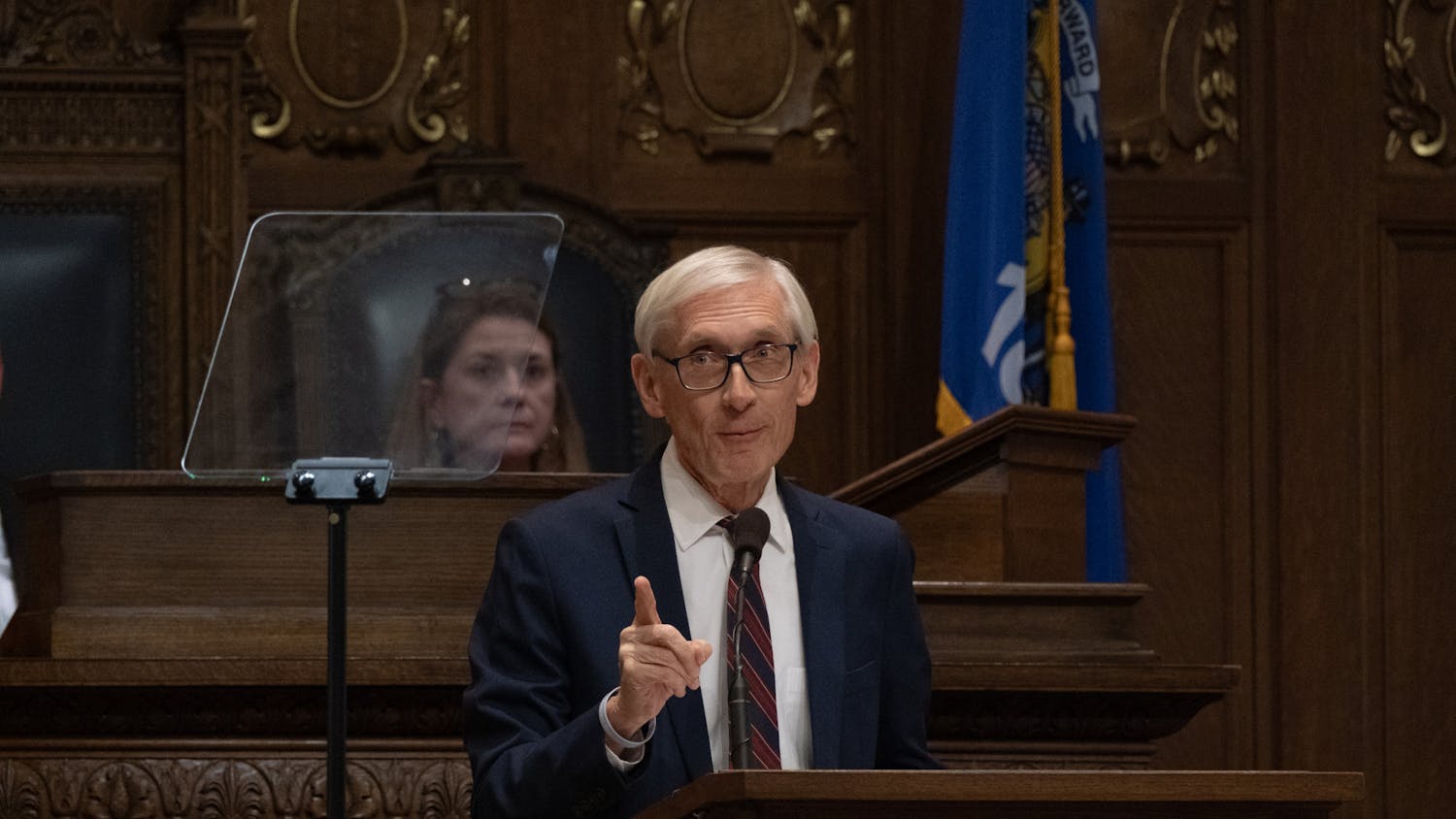What if the government imposed a tax on every individual in America? The money from the tax would go into a savings account with no annual return. Asserting my right to invest my money as I wish, I tell the government, \No thank you. I am rather strapped for cash and would like to invest a portion of my money in a 401(k) plan or IRA with an average annual return of 4 percent.""
The government responds, ""I'm sorry, sir. We require that you lose hundreds of thousands of dollars by investing your money in this account with no annual return.""
But I insist, ""Please, sir. A lifetime of placing my money into your account is a terrible investment. Let me place the money in a low-risk mutual fund that will guarantee more money for my retirement.""
The government then gets angry at my refusal to waste my hard-earned money on their pointless tax. Next, our benign government sentences me to tax evasion, confiscates my assets and hauls me to jail at the point of a gun. Ladies and gentlemen, this is your introduction to Social Security.
Social Security is the single largest spending program in America. It represents over 22 percent of all federal spending and is guaranteed to be a hot topic in the 2004 presidential election. The problem is that within 14 years, Social Security is expected to run a deficit. Without significant reform, the system is expected to be entirely bankrupt by 2042.
The Social Security program emerged in 1934 from Franklin Roosevelt's New Deal. The purpose was to provide retirees and people with disabilities a constant income to balance the economic uncertainty of the time. It was funded by current workers because of the relatively high worker-to-retiree ratio.
Today, the story is much different. In 1930, the average life expectancy was around 60 years, whereas today it is 77. A longer life expectancy means that benefits are paid out for longer amounts of time and there is less money in the program.
But even more important is that by 2008, the baby-boom generation will begin to retire. Projections by the Congressional Budget Office, the non-partisan research arm of the Senate, estimate that ""Social Security spending could crowd out other functions of government or require higher taxes on tomorrow's workers.""
Immediate reform is not only necessary, but urgent. Each year without reform is another year of unfunded liabilities. As Chairman of the Federal Reserve Board Alan Greenspan pointed out in a recent Senate testimony, by 2011 there will only be three workers for each Social Security beneficiary.
But the current political climate makes it nearly impossible to propose any changes to the system. Social Security has long been considered the ""third rail"" in American politics: You touch it and you die. Older individuals are staunchly against any ""cuts"" to their benefits and will politically kill anyone who tries tinkering with the system.
This was well-represented two weeks ago when Greenspan made his modest proposals. He suggested a review of the current spending commitments ""is necessary for prudent policy."" He also proposed using a new ""chain-weighted"" measure to account for inflation because the Consumer Price Index overstates the rates. Finally, he recommended adjusting the retirement age so the worker-retiree ratio remains stable.
Some of these proposals mimicked ones that he made when he headed a Social Security commission in 1983. But despite his making reasonable proposals to save a program on the verge of collapse, Republicans distanced themselves from him and Democrats harshly denounced him.
Senator John Edwards said the remarks were an ""outrage"" and presidential candidate John Kerry stated: ""No matter what was said in Washington just this morning, the wrong way to cut the deficit is to cut Social Security benefits."" In August, 2003 on ""Meet The Press,"" Kerry made clear, ""I am not going to lift the retirement age or make it harder for hardworking Americans to retire.""
But something needs to be done. A bold and ambitious plan is that recommended by the Project On Social Security Choice (http://www.socialsecurity.org). This Cato Institute-sponsored organization persuasively shows how reforming Social Security to allow workers to invest their own Social Security money could keep the program solvent while providing higher returns. The Web site points out that the people who would benefit most from these reforms are those in lower socio-economic classes, minorities and women. While there are many issues to consider during a presidential year, this one should be near the top of everybody's mind.
Nitin Julka is a senior majoring in computer science and psychology.





